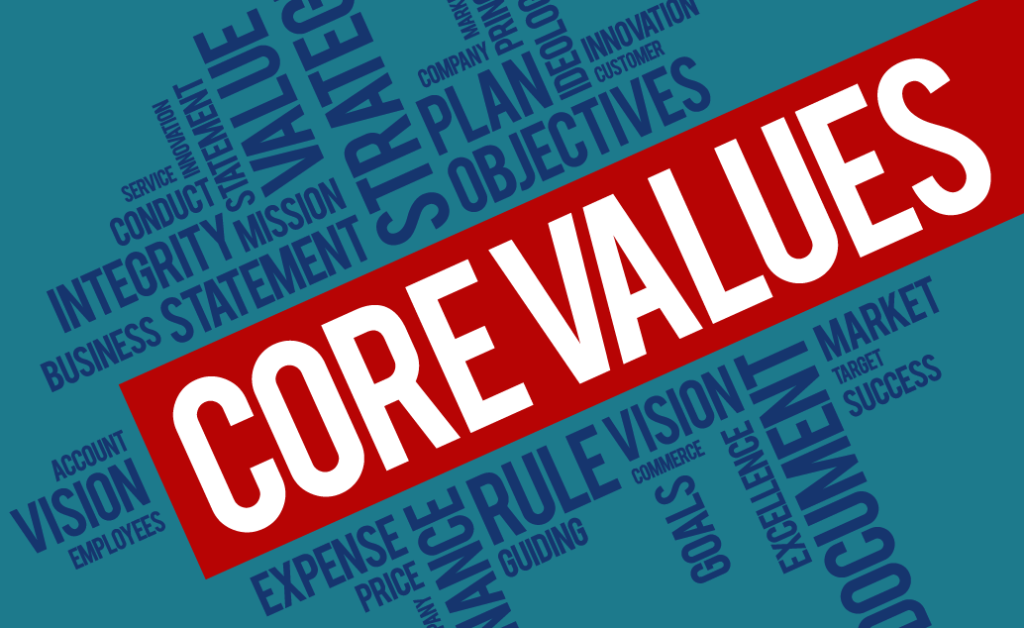
During a recent team-building activity at work, we were asked to come up with two adjectives that we believed represented each team member’s core values. A diverse team of 13 – representing a variety of cultures, nationalities and life experiences – I was curious about how others would describe what they thought my values were, whether descriptions would be consistent or vary based on context.
Throughout the list of adjectives my colleagues used to describe me, three were most consistent: authentic, disciplined and self-expressive. This was how my professional colleagues perceived my core values. Intrigued by this insight, I solicited feedback from clients and other people I knew in non-professional settings.
Specific adjectives varied but all pointed back to the themes of authenticity and expressiveness, regardless of the context through which those individuals knew me. Different contexts require different context-appropriate behaviors, but a change in behavior does not necessarily constitute a lack of authenticity.
Determining what constitutes professional (expected) behaviors without sacrificing core qualities and personal values can be sometimes challenging. How do we stay true to our core values even though we may change our behaviors?
1. Explicit identification of values: Construction of a narrative
“Tell me about yourself” – the worst interview question, but we’re pretty much accustomed to having a elevator-pitch version prepared for professional discourse and networking. What about our personal stories? Who are we outside of the professional context? Our narratives represent a combination of personal and professional stories. Through deliberate construction of these narratives, accounting for personal and professional experiences, we can identity the complexity of systems that interact to constitute our values.
2. Awareness of behaviors
Knowing our values is the first step to figuring out how we demonstrate them regardless of context. That awareness helps us tailor our behaviors to suit varying contexts: The way John behaves when he delivers a lecture to his post-graduate students won’t be the same way he behaves at a work social or luncheon with family friends. Although John’s behaviors may change depending on these contexts, his core values and what he represents should remain consistent.
3. Feedback systems
Establishing feedback systems can be a useful way of measuring if our conceptions match what is being experienced by those in our environment. While our behaviors should not be dictated by any social group, feedback from these groups can help with the stride toward a more authentic character.
In a competitive, professional world where authenticity seems to be a constant struggle because of adaptations to social and organizational climates, self-reflection and self-awareness are crucial. These processes lend themselves to helping us stay true to our core values, although we may change our behaviors to suit varying contexts.
Hone your leadership skills and fulfill your leadership potential through American College of Education. Explore our fully online leadership programs.

